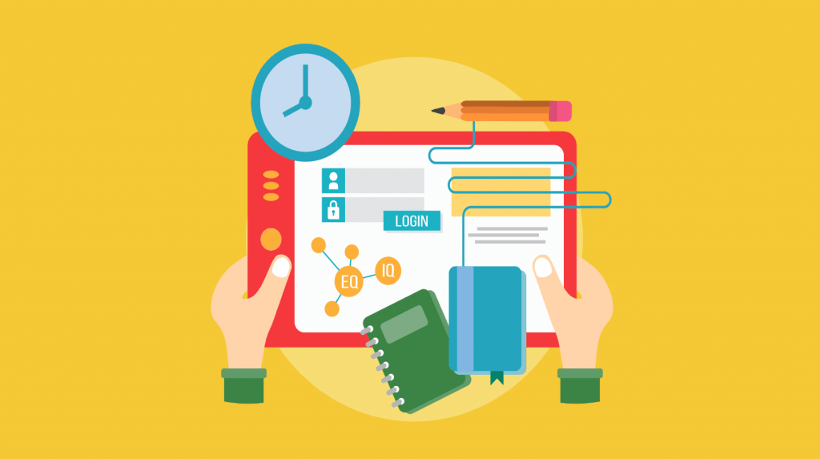What Is The Big Deal With Blogs And Education?
The interesting thing about blogs that made them very popular the past few years, is that gave new paths for connecting people who share same interests and thoughts. The thing about blogs is that gave the opportunity to people to forget about the design and focus on creating the content. There are many different blog hosting providers nowadays like wordpress, blogger, and edublogs.
As an easy way for computer mediated communication, blogging is now the tool that provides individuals with space that each one can share their opinions, thoughts, worries, interests and hobbies, participate in discussions and contribute or even create the news. As James Hollis emphasizes on his video "Blogs in Plain English".
Blogs changed the way news are now created and published. He says that "News became more personal" meaning that due to the blogs, news are now created by individuals that want to share their stories in public.
The stories published on a blog suppose to have significant importance to their authors. Before the blogs, it was not possible to know that there are group of people (anytime, anywhere) that share same thoughts, interests and that they are willing to read more aspects about it. Thinking of that, blogs gave the opportunity to people to form small or large communities around individual stories.
Another interesting aspect of blogs is the philosophy that are based on. The design philosophy of the blogs activates bloggers to think more about their writing due to the public space that they are exposed to. Stahl et al. (2006) support that blogs, as asynchronous tools constitute a knowledge-based environment that encourages content reflection and supports the knowledge construction within a social context, through the interaction between the bloggers and the readers. In addition to this, blogs are considered to be a way for direct and free expression of thoughts, which is one of the most important advantages of collaborative learning, as it promotes the realisation of the initial spontaneous ideas of the users. At the same time, blogs allow further process of the content, as well as the creation of social cognitive conflicts which lead to the construction of new knowledge.
Will Richardson talks about Blogs
Will Richardson talks about blogging in schools and we hear about a student's blog that she did while serving as a page for the Virginia House of Delegates. The impact of blogging on student learning is discussed.
Blogs constitute a digital asynchronous tool, which makes it an environment very suitable for the management of knowledge and that is a reason that blogs are considered to be strong pedagogical tool. In order to achieve education, it is necessary to connect knowledge with the interaction that is taking place during the educational process. According to Swan (2004) the interaction that grows within these digital environments, produces the idea that blogs can become ways of expression of two worlds: the one inside our mind and the one outside.
Blogs have offered great opportunities for online collaboration, reflection (for personal or educational purposes), for the creation of an e-portfolio, for coordination tool and as a way to find more information to think and research about. Although, the majority of the educational blogs have reflective content, probably because of the need to externalize and diffuse ideas, thoughts and concerns, and not under the intention to use blogs as teaching tools.
Due to all the above reasons blogs have captured the interest of educators and researchers in the field of educational technology. Many studies have been conducted in order to test blogs in different uses and cases within the educational context.
Use Blogs in your Teaching to:
- Promote further discussion
- Facilitate collaboration between students
- Create a class newsletter
- Motivate students build their online portfolio
- Promote reflection
References
- Stahl, G., Koschmann, T. & Suthers, D. (2006). Computer-Supported Collaborative Learning. In R. K. Sawyer (Ed.), Cambridge handbook of the Learning Sciences. Cambridge University Press: Cambridge, UK, pp.409-426.
- Swan, K. (2004) Relationships Between Interactions and Learning in Online Environments. Retrieved May 5, 2012, from Sloan Consotrium Web Site: http://www.sloanc.org/publications/books/interactions.pdf.







